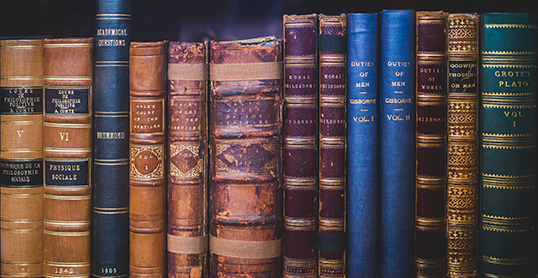COPYRIGHT
Copyright law sets out what is perhaps the easiest form of intellectual property in terms of how it comes into existence, its scope and the term. In short, it arises instantly, provides that broadest form of protection in terms of territory, and has a very long term of exclusive protection attached to it. Four main bodies, referred to as “works” attract protection. Artistic, dramatic, literary and musical works can all attract copyright protection.
There can be many variations of the above forms of works and of course a lot of overlap depending on the subject matter. For example a movie could include a dramatic work (the performance), a literary work (the script), as well as a musical work (the film score) and even artistic works in the form of art and photographs. Copyright law can be quite powerful, as it gives the owner of copyright the exclusive legal right to produce, reproduce, publish or perform any of the works that are protected by copyright law. If you produce any of these types of work of copyright, you’ll want to talk with our copyright lawyers and learn more about what copyright is and how you can use it effectively.
Most often the creator of the work, (called the author) is typically the first owner of copyright. However, under certain circumstances, an employer may be the owner of copyright in works created by its employees. The issue of who owns copyright in a work is both a matter of law and of contract. Our copyright lawyers can assist in ensuring that the ownership and protection of valuable copyright is clearly identified, in order to ensure effective commercialization and enforcement (if need be) going forward. Owning and registering the copyright in a work allows one to carefully control how, when and where the copyrighted work is used, and anyone who might want to use the work will have to get the permission from the copyright owner, which often includes paying the owner for the right to use the work. It can also save a significant amount of time and money when it comes to controlling the use of important copyright.

